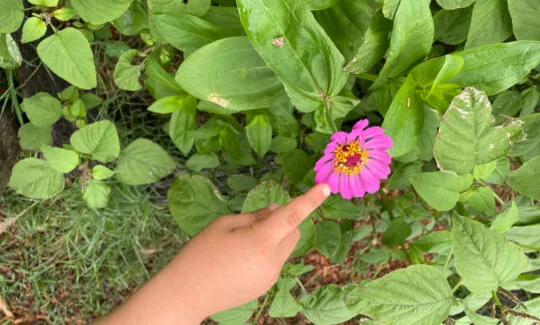Talking to Young Children About Death, Grief and Loss
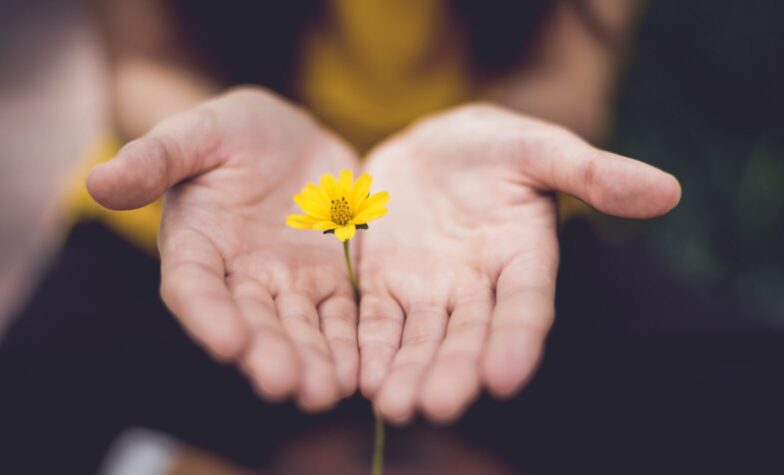
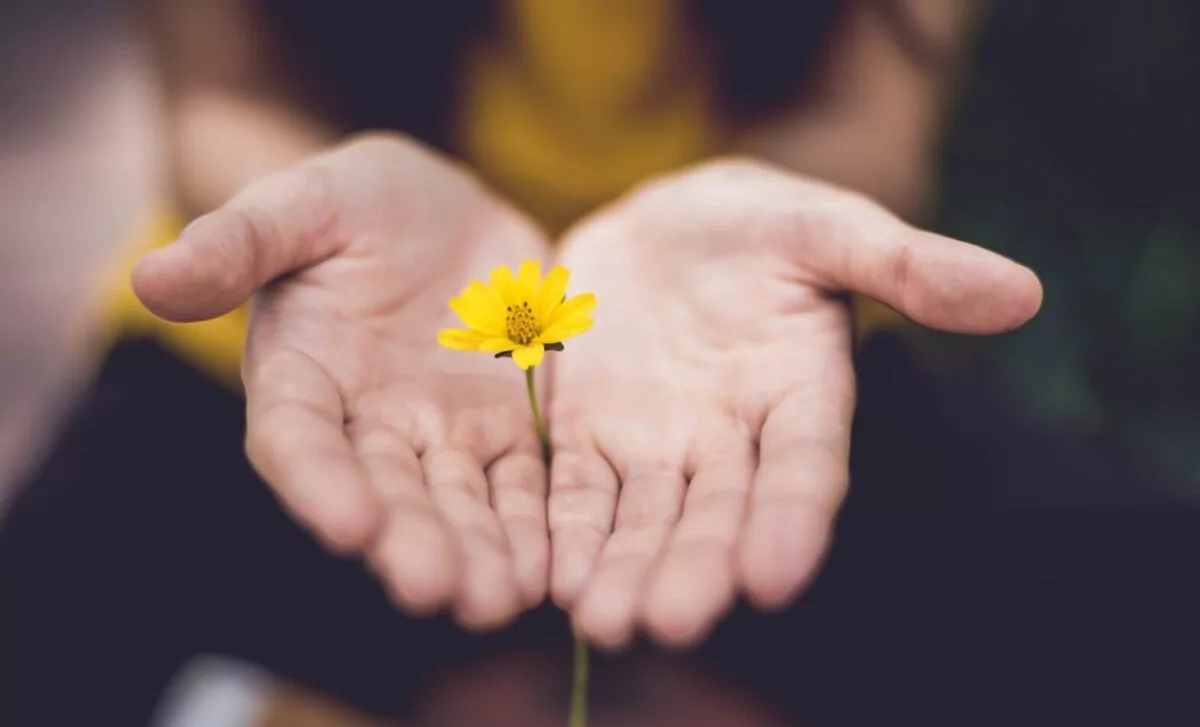
Written for Only About Children by Dr Kaylene Henderson, Child Psychiatrist and Parenting Expert
Helping our young children to understand and cope with death can be challenging for us as parents, particularly since we’re navigating our own feelings of sadness and loss at the same time.
Here are some tips to help your child in the days and weeks following the death of a loved one:
- Predictability provides children with a sense of safety and comfort. If possible, try to avoid making any big changes to your routine at this time and maintain as much familiarity and consistency as you can.
- Anticipate regression. It’s normal for a child’s recent developmental gains to become briefly lost when they experience a big life change. Your previously toilet trained child might start wetting themselves again. Sleep disruptions are common too. These setbacks will likely take a few weeks to get back on track again. Your little one simply needs your patience and understanding in the meantime.
- It helps to know that it’s perfectly normal for young children’s grief to differ from our own adult grief. Children are said to ‘puddle jump’ grief – to seem sad one moment and fine the next.
- Understand that it’s also normal, and healing, for your child’s grief to be ‘played out’. If your child ‘plays out’ their loss in their play or artwork, simply remain curious, kind and comforting as they work to process what’s happened.
- Don’t be afraid to speak about your loved one who has died. Frequent conversations about your relative and their death are likely to be more helpful for your little one than one long and detailed explanation.
- Continue to answer any questions your child might have in clear, age-appropriate language. Be clear that your loved one died because their body stopped working. Avoid saying that a loved one ‘passed away’ or that you’ve ‘lost’ someone when you speak with your child, as vague language can create confusion and uncertainty.
- Read picture books on the topic of death, loss or bereavement with your child. This can help normalise this new experience and bring a sense of comfort and understanding.
- Finally, it’s important that you don’t lean on your child for help or comfort.
This is undoubtedly a sad time for your whole family. If you or your child are struggling to cope with the death of a loved one, be sure to ask for help. There are many professionals and organisations that offer support to bereaved families. Don’t hesitate to lean in and ask for whatever practical or emotional help you need as you navigate this loss together.
Additional resources for bereaved families:
Child Bereavement UK – provides helpful video resources, with topics such as encouraging healing through creativity; and supporting bereaved autistic children.
Services – National Centre for Childhood Grief – provides free and unlimited grief counselling for bereaved children (aged 3+) and adults, along with a range of programs and camps for bereaved children and families.
NALAG NSW – National Association for Loss and Grief | New South Wales – Provides free grief counselling to adults across NSW along with a range of free resources for parents living across other States/Territories.
Rainbows for the Children of Australia – Programs across Australia for children experiencing grief and loss.
Click here for a list of books that have been curated by Megan Daley of Children’s Books Daily, on the topic of grief and loss. They span the age range suitable for an early childhood audience to an adult audience – many are suitable for all ages. These books may help to facilitate conversations and deepen understandings around death, dying and bereavement.
Dr Kaylene Henderson is a highly trained, Infant, Child and Adolescent Psychiatrist, one of Australia’s leading parenting experts and a grateful mother of three. She is also a trusted professional development provider for the early childhood education sector and a sought-after media contributor and conference speaker.
In her warm and relatable style, Kaylene shares practical, research-based advice with parents and professionals alike in the hope that together, we can bring out the best in the children for whom we all care.
Some more informative reads:
Anxiety In Children | Only About Children (oac.edu.au)
Supporting Mindfulness in Toddlers | Only About Children (oac.edu.au)
Establishing Positive Sleeping Habits – Only About Children (oac.edu.au)
Only About Children can help your child to grow, make friends and explore the world.
Only About Children can help your child to grow, make friends and explore the world.
Related Reads
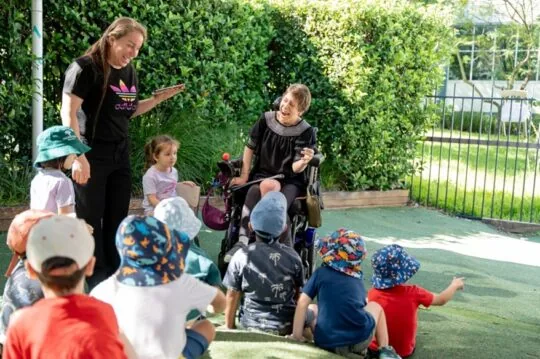
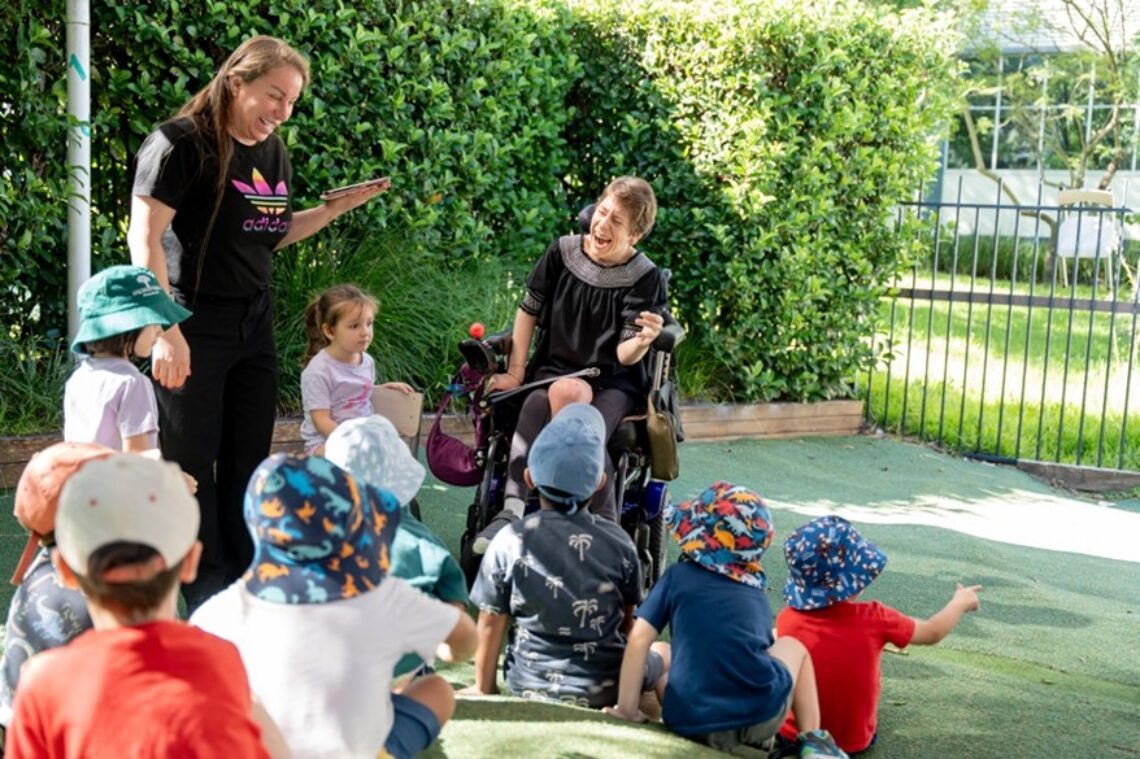
Bec Celebrates 10 Years Working In Her Dream Job At OAC Concord
Rebecca Donatiello (Bec) celebrates 10 years working and learning at Only About Children Concord.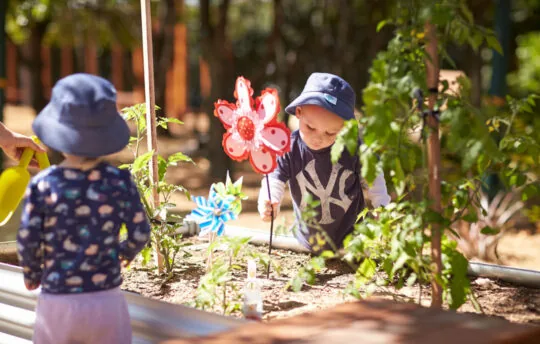

Choosing The Right Preschool/Kindergarten For Your Child
Choosing the right Preschool/Kindergarten for you child can be a daunting task. When exploring the ideal preschool choices for your child, there is no need to navigate blindly. Simply by asking the right questions, you can find the perfect match.